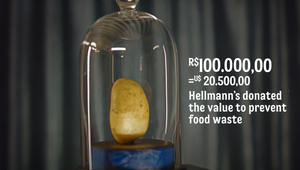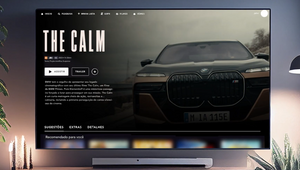
Ogilvy’s Sergio Mugnaini on Judging Digital Craft and a Triad of Tech and Creativity
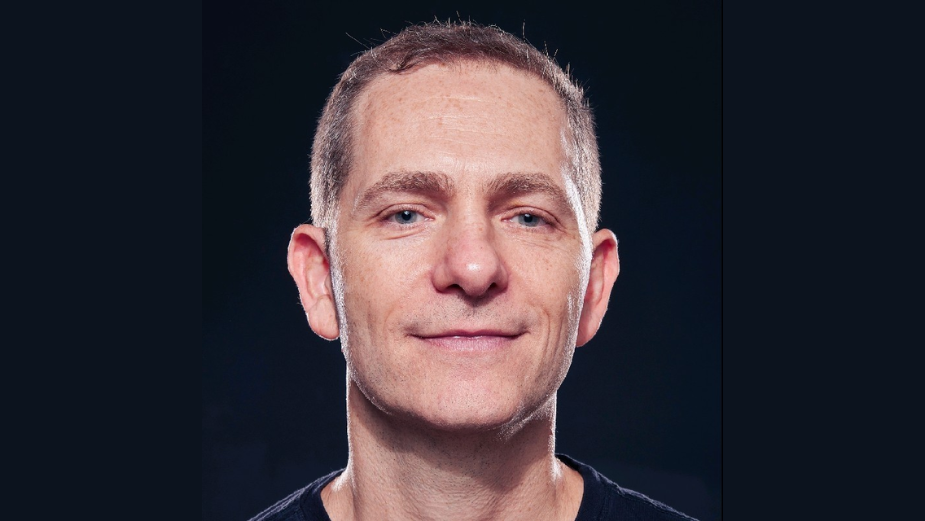
Technology is always the talk of the town during the Cannes Lions week, and nowhere is this more prevalent than in the discussions around Digital Craft. This year, the category - and many of the others - saw countless entries that utilised emerging tech like AI, inclusive design and more to bring creativity to life and solve real-world problems.
With a first-row seat at the heart of these discussions, Sergio Mugnaini, chief creative officer of Ogilvy Brasil, was a jury member for the Digital Craft Lions and had his work cut out for him, evaluating all the different implementations of these innovations, platforms and algorithms, new and old.
Speaking to LBB’s Ben Conway after judging had concluded - awarding Nike’s ‘Never Done Evolving’ campaign with Serena Williams the Grand Prix - Sergio explained his jury room process and shared his thoughts on Ogilvy Brasil’s creative champions at the festival.
“I enter a jury like I enter a museum,” says Sergio. “You have an idea of what exhibition you want to see, but when I enter, I start to look at the walls and see that ‘this piece’ is amazing, or ‘this frame is amazing’.” After leaving initial judging of the category’s longlist particularly impassioned by one project, he was surprised to see it fail to reach the shortlist and subsequent rounds of judging - but this, he explains, is part of the process when you have such a variety of jurors.
“The Digital Craft jury was really special because we had huge diversity in the room. It was amazing, we had different points of view and everyone listened well and respected each other’s points. The level of discussion was really high. Everyone had different angles to come to judging from, but we were all really proud of the winners we picked.”
Describing the project that stood out to him as a tool from Japan that helped blind people experience a motor race in real-time through their phone’s camera, he adds, “The beauty of this idea was not the racing car element, but how they wanted to impact the world - they wanted to use the technology to help schools and help blind parents ‘see’ their children playing.”
Pondering its lack of success with all the jurors, he continues, “Maybe others thought the project was just trying to create a new voice with AI - but I thought it was more than that.”
Overall, Sergio was pleasantly surprised by the standard of ideas utilising technology, expressing his enthusiasm for the projects that used new inventions to make experiences or products more accessible or inclusive for everyone. “I saw how tech was used to allow people to navigate screens with their tongue or eyes - to paint paintings and compose music,” he says. “There were so many things that technology embraced and realised the potential of. A blind person couldn’t experience motor racing, but now they can… I saw a blind person commentating a basketball game! There were a lot of interesting ideas that prove how technology can be a part of the inclusion conversation.”
At the other end of the spectrum, he notes that he also saw plenty of projects that used technology just for the sake of using it, instead of utilising it to “empower an idea”. He says, “It’s a triad. You need technology and a huge idea - but also, [you need] a proposal. If you make this triad happen, you’ll have something amazing.” He elaborates on this concept of a creative trifecta by saying that even smart and tech-savvy creatives can often fall into the trap of rushing to use an emerging innovation. The solution? To go deeper with the idea and apply a strong proposal, rather than simply “using ChatGPT just to write copy”.
Of course, innovative tech is not limited to the Digital Craft category at Cannes Lions. Sharing that his Brazilian office contributed around 10 Cannes entries this year for the Ogilvy network, he celebrates not just the number but the variety of work they submitted, some of which used innovations in the aforementioned successful ways across several specifically targeted categories.
“I strongly believe that technology can improve or boost our ideas and we had several ideas entered at Cannes that centred around technology,” he starts, picking out the agency’s ‘Magic Audios’ campaign for Coca-Cola as one such project that combined technology with “a simple but magical idea”. This campaign followed the insight that Brazilians love to send audio messages on Whatsapp, so they created a tool that could identify Coke bottle-shaped audio messages on the app to give out prizes.
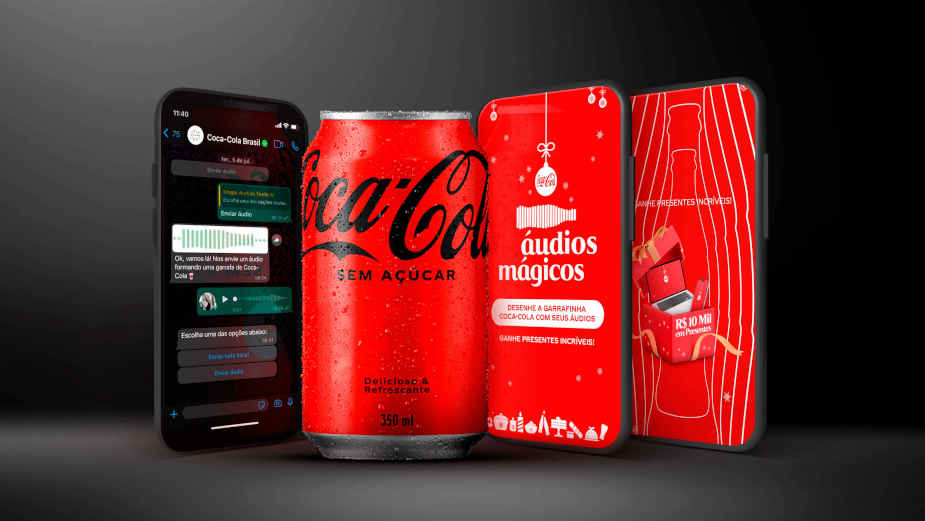
“We developed a bot to analyse the waveform of each message - there’s a lot of AI and other tech involved in that - and then tell the consumer if they won in real-time,” he says, adding that the massive campaign received over 12 million seconds of messages.
This, of course, was certainly not the only campaign to incorporate AI at Cannes this year. But for all its hits and misses, Sergio says that he takes a different approach to the tech that’s caused so much discourse and debate throughout the last year or so. “AI is more than just a technology, it’s a way of thinking - it’s an AI mindset. As a creative you want to combine lots of things… if you stop and ask ‘is there a faster, more interesting or more complex way to do this?’ then sometimes AI can help you.”
He continues, “You need a voiceover to change during a film? Maybe AI can help! Maybe you have to design something for people with a disability - something I saw a lot of in the jury room. Technology can help expand and put more people in the conversation. When I think about ideas, I think of going beyond AI as just a technology and encouraging AI as a mindset.”
But even with its advantages, it’s important to remind oneself that technological advancement is not the be-all and end-all of modern creativity; nor is it what guarantees success on the Croisette.
At Cannes, Ogilvy São Paulo themselves won a Gold Entertainment Lion for Sport in the Film Series and Audio category for ‘LEA’, a film produced for menstrual hygiene brand Kotex. Not built around any technology, Sergio discusses how the story-first project raised awareness of one of the world’s first female football referees, Lea Campos, and her fight to be on the field for the beautiful game in Brazil - as well as reinforcing the idea that women shouldn’t be prevented from doing something because of her womanhood or because she menstruates.
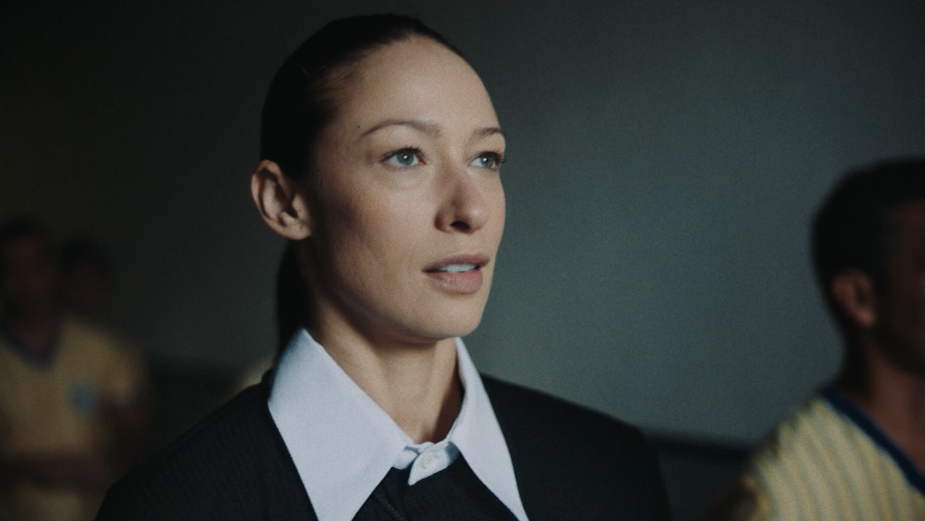
“It’s an amazing project. We launched it last year during the Women’s World Cup and in the middle of the year, we got an insight that the tournament was going to have six women referees - we saw that opportunity and our client asked us to develop a project. Then we discovered the story about Léa - an amazing person. In the ‘70s, it was 100% men in Brazil’s football league and she fought to be on the field and officiate. It’s a really tough story because the football confederation president invited her to a meeting and asked, ‘What if you have a period during the game?’ - it’s really sad but she didn’t stop and after several years she refereed at the Women’s World Cup.”
He continues, “We produced a short film and it’s impressive how the film shocks everyone. Often when women see the film, they get really emotional because similar experiences have happened to them. The message is that you can do or be whatever you want, and be yourself - and that a period is not an obstacle for that.”
Shown by the success of ‘LEA’ at Cannes, Sergio is keen to emphasise that the human aspect is at the core of a great idea. Addressing recent industry fears that some professions will cease to exist thanks to rapid technological changes - like the introduction of advanced machine learning AI - he says that it’s more of a case of evolving alongside the new innovations. “For my Master’s degree, I studied Luddites, [people] who believed that they could keep their jobs by destroying machines - but those machines created new jobs and helped humanity evolve. Will this technology steal your job? No. But if you don’t understand the technology, maybe you will lose your job.”
The one thing he says humanity has over AI in its current form, however, can be summarised in one word: curiosity. It may have killed the cat, but Sergio is sure that it holds the key to creatives’ futures in the industry. “Machines are not curious yet. We ask the wrong questions sometimes and make the machines freak out a little bit, but I think humans have the best quality - curiosity. It’s inside my DNA and it’s the way I can prompt a machine to find interesting ideas. So we have space to improve jobs and technologies and, with curiosity, we have this advantage.”









